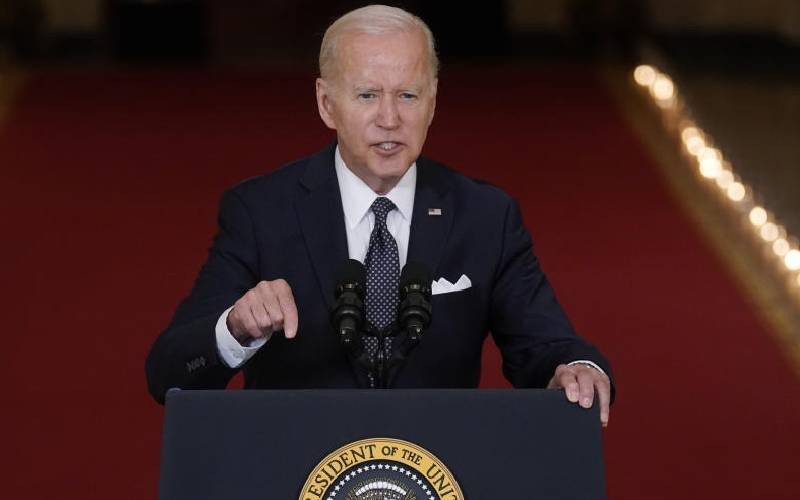
There is one aspect of the struggle for independence that I find rather puzzling. How did the generation that witnessed the end of the European colonial project in Kenya in the 1960s - so infamous for the "gun in one hand and Bible in the other" missionary duplicity wherein Christianity was the convenient 'carrot' for luring local people into surrendering their land - go ahead to embrace this religion and remain, until their dying day, among the most devout adherents you could find anywhere?
Their numbers have now dwindled through natural attrition. With them are going remarkable memories of nasty encounters with the Bible-toting settlers who, at the tail end of the occupation acquired the vilest viciousness after realising that 'blanket natives' not only espoused the daring dream of forcing the British out of the country, but were already activating political and kinetic resources to make it happen sooner.